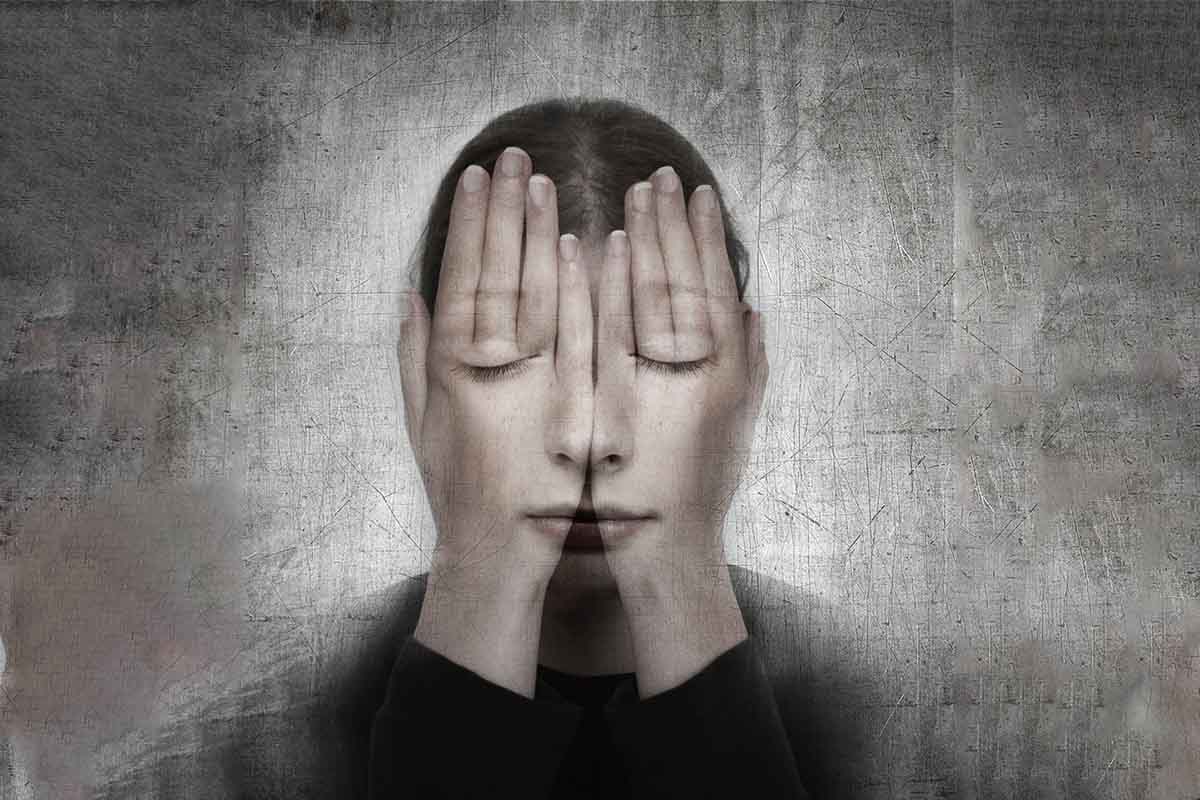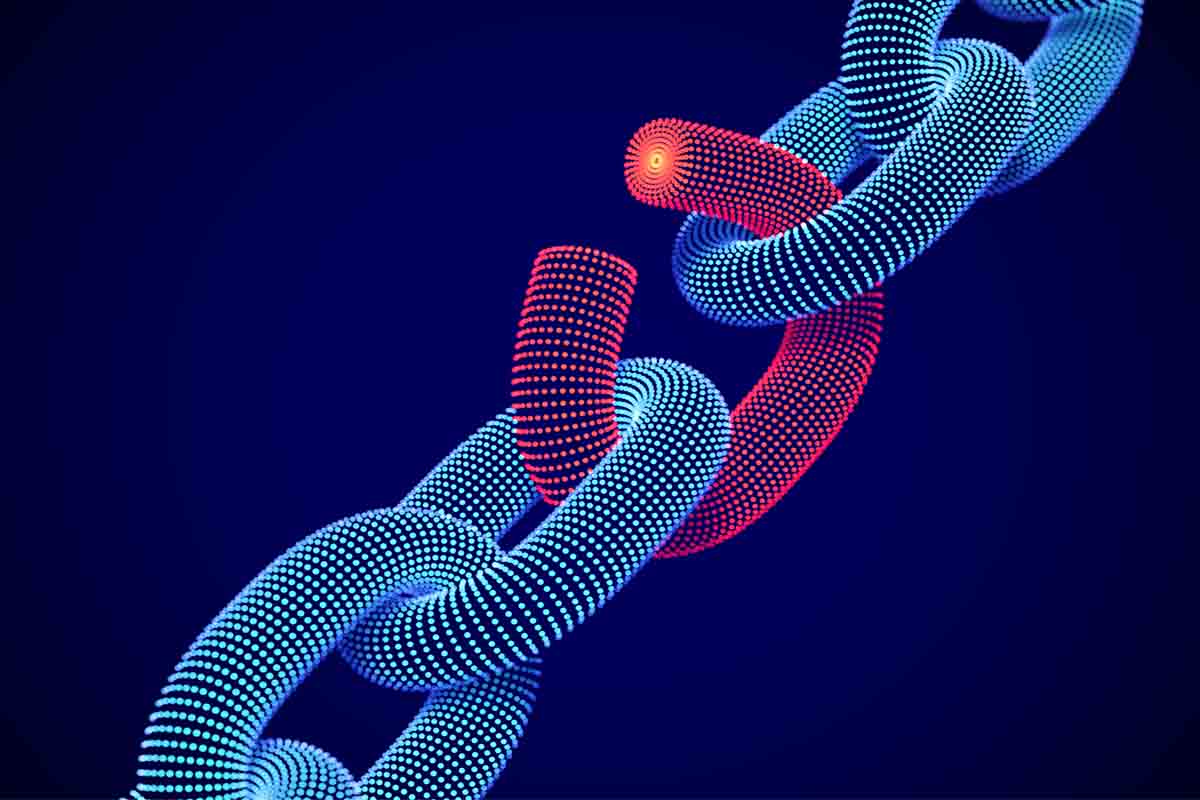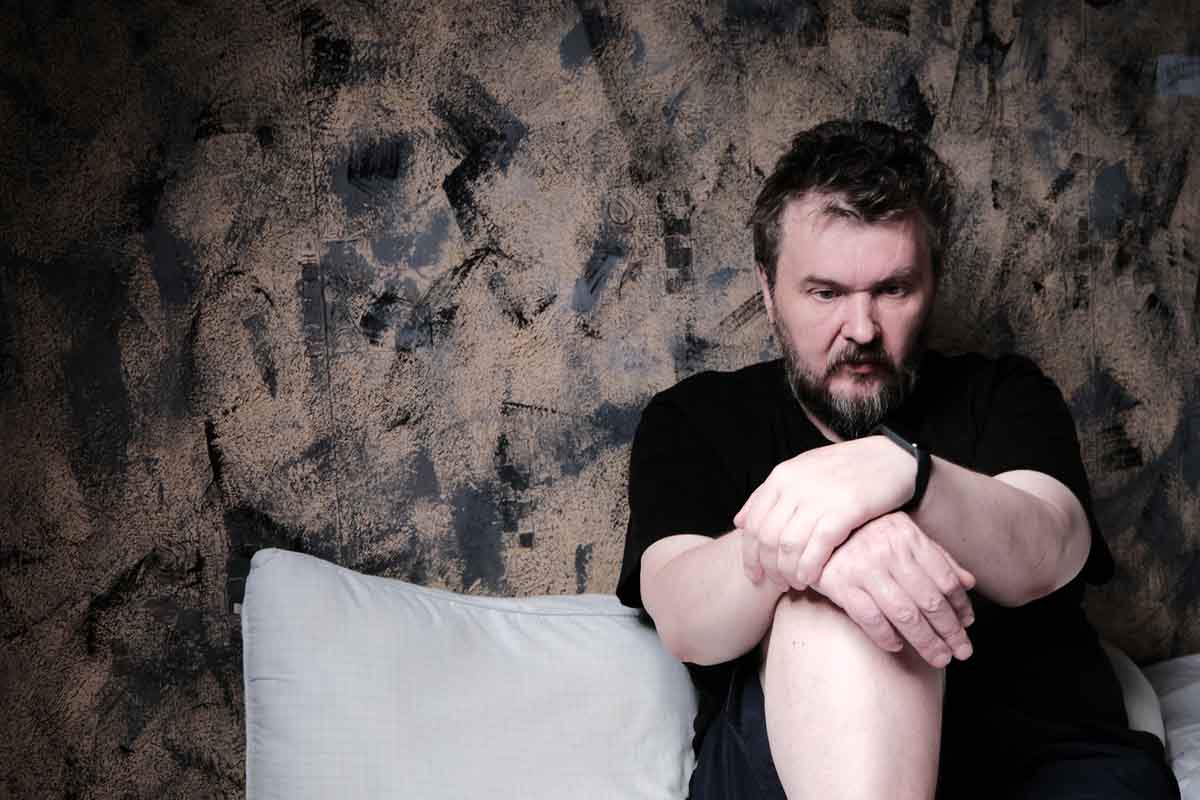J Clin Psychiatry 2022;83(3):22l14505
To cite: Zeifman RJ, Yu D, Singhal N, et al. Corrigendum to “Decreases in Suicidality Following Psychedelic Therapy: A Meta-Analysis of Individual Patient Data Across Clinical Trials.” J Clin Psychiatry. 2022;83(3):22l14505.
To share: https://doi.org/10.4088/JCP.22l14505
© Copyright 2022 Physicians Postgraduate Press, Inc.
aDepartment of Medicine, Imperial College London, London, United Kingdom
bDepartment of Psychology, Ryerson University, Toronto, Ontario, Canada
cDepartment of Mathematics, University of Texas at Arlington, Arlington, Texas
dDepartment of Psychiatry, University of Toronto, Toronto, Ontario, Canada
eDalla Lana School of Public Health, University of Toronto, Toronto, Ontario, Canada
fDepartment of Psychiatry and Behavioral Sciences, Johns Hopkins University School of Medicine, Baltimore, Maryland
gDepartment of Psychiatry, University of California San Diego, La Jolla, California
*Corresponding author: Cory R. Weissman, MD, Department of Psychiatry, University of California San Diego, 16918 Dove Canyon Rd, Ste 100, Mail Code 8322, San Diego, CA 92127 ([email protected]).
See article by Zeifman et al
To the Editor: Our group recently published in JCP the first meta-analysis of patient-level data on the effects of psychedelics on suicidality.1 While not described in our article, it is noteworthy that 2 suicidality-related events that had been deemed not attributable to the administration of a psychedelic (by the authors of the primary outcome studies) occurred within the studies included in our meta-analysis.
Griffiths et al2 describe in their supplementary materials that 1 individual in their very low-dose (placebo-like) psilocybin condition completed suicide 11 days after being administered 1 mg/70 kg psilocybin. The individual reported feeling bored during the session and was discontinued from the study after leaving the session early. They also report that there was no behavioral impairment or adverse sequelae during the follow-up later that day or on subsequent days. Andersen et al3 report that 1 individual attempted suicide approximately 2 months after being administered an active dose of psilocybin (21–25.2 mg/70 kg). The suicide attempt occurred after the individual learned about the sudden death of a former partner, subsequently used methamphetamine and crack cocaine, and then experienced a brief psychotic episode. They reported that the actual lethality of the attempt was 0 and the potential lethality was a 2 on the Columbia Suicide Severity Rating Scale.
Although these events are likely not attributable to psychedelic therapy itself, they are nonetheless worthy of consideration and suggest the importance of closely monitoring patients in all treatment arms throughout and following psychedelic therapy trials.
Published online: May 9, 2022.
Relevant financial relationships: Dr Nayak serves on a data and safety monitoring board for Maryland Oncology Hematology. Dr Weissman receives funding from the Brain and Behavior Research foundation and serves on the scientific advisory board of GoodCap Pharmaceuticals. The other authors have no conflicts of interest to report.
Funding/support: None.
References (3)

- Zeifman RJ, Yu D, Singhal N, et al. Decreases in suicidality following psychedelic therapy: a meta-analysis of individual patient data across clinical trials. J Clin Psychiatry. 2022;83(2):21r14057. PubMed CrossRef
- Griffiths RR, Johnson MW, Carducci MA, et al. Psilocybin produces substantial and sustained decreases in depression and anxiety in patients with life-threatening cancer: a randomized double-blind trial. J Psychopharmacol. 2016;30(12):1181–1197. PubMed CrossRef
- Andersen KAA, Carhart-Harris R, Nutt DJ, et al. Therapeutic effects of classic serotonergic psychedelics: a systematic review of modern-era clinical studies. Acta Psychiatr Scand. 2021;143(2):101–118. PubMed CrossRef
This PDF is free for all visitors!





